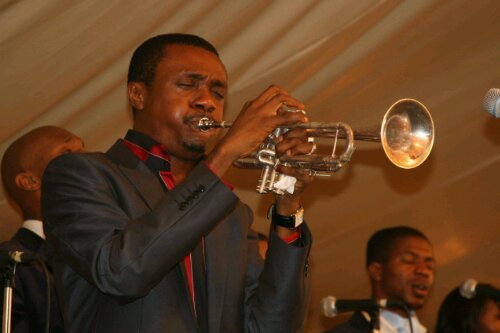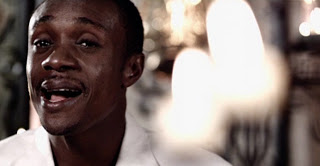AFRICAN PRAISE CONCERT LIVE AT THE ROCK CATHEDRAL
As a spinoff of the enormously popular
gospel music concert, The Experience
Lagos, House On The Rock, one of Nigeria’s
most popular churches, is set to host The
African Praise Experience (TAPE) next
Friday, February 27, 2015.
The event holds all-night long at the Rock
Cathedral, Lekki-Epe Expressway
beginning at 8pm. Artistes billed for the
event include Mary Mary, Nathaniel
Bassey, Kenny Kore, Sammie Okposo,
Chioma Jesus, Lagos Metropolitan Gospel
Choir and many more.
To ease transportation for worshippers
coming to the event, the following bus
meeting points have been announced by
the church:
1. Wilma Bus-stop (Mobil Filling
station)
2. Under the pedestrian bridge at the
Ojota
3. Oshodi bus stop (facing Mushin by
the BRT Bus-stop)
4. Mile 2 Bus-stop
5. Yaba BRT Bus-stop
6. Gbagada, Mobil Filling Station at
Gbagada
7. National Stadium Surulere
8. BRT Bus-stop at Maryland before
Planet One
9. BRT Bus-stop facing the Ikeja
Bridge
10. BRT station facing Egbeda bus-stop
11. In front of City Mall at the Muson
Center.













